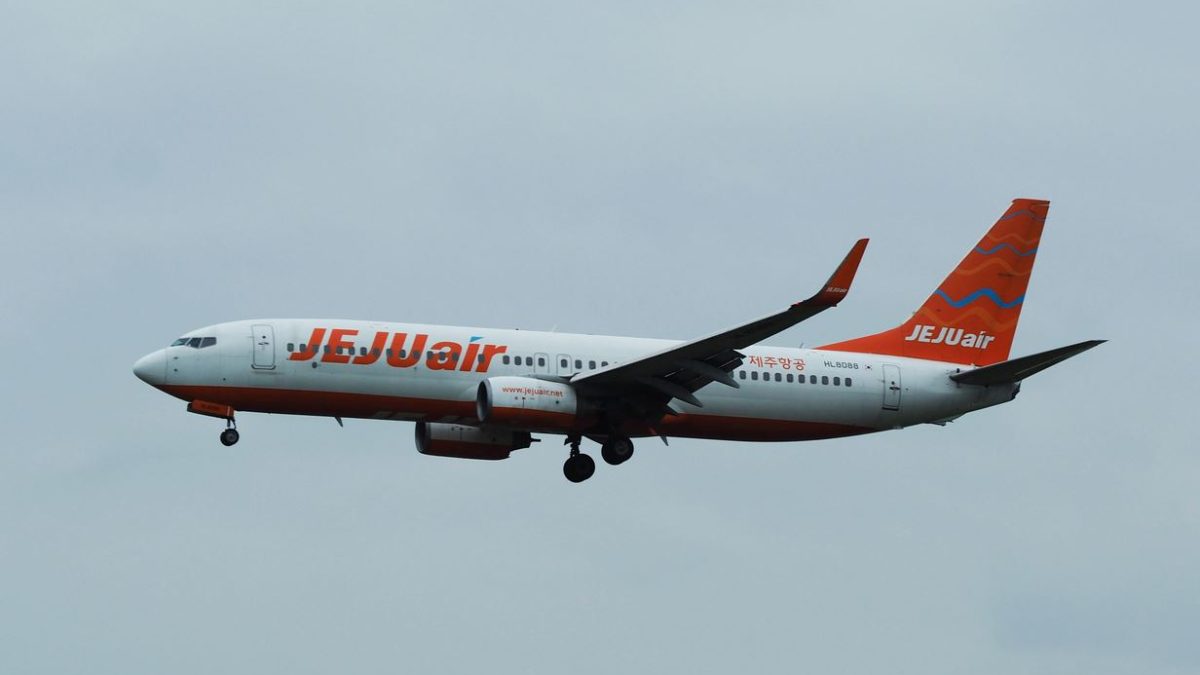In a devastating turn of events, a Jeju Air flight crashed at Muan International Airport on Sunday, claiming 179 lives and leaving only two survivors.
The tragedy, now the deadliest air accident in South Korea’s history, has spurred the government into action, with acting President Choi Sang-mok ordering an immediate safety inspection of the country’s airline operation systems.
The incident has not only cast a shadow over the nation but also raised urgent questions about aviation safety and accountability.
Addressing a disaster control meeting in Seoul on Monday, Choi expressed deep sorrow over the loss of lives and pledged comprehensive support for the bereaved families.
Declaring a seven-day national mourning period, he emphasized the need for stringent safety measures to prevent such catastrophes in the future.
“The government will spare no effort in supporting the victims and ensuring this tragedy is not repeated,” he said.
Jeju Air crash: what we know so far
The crash occurred shortly after the pilot reported a bird strike and issued a mayday alert.
Joo Jong-wan, the director of the aviation policy division at the Ministry of Land, Infrastructure, and Transport, confirmed the pilot’s distress call but noted that the exact cause of the crash remains under investigation.
At a press briefing on Sunday, Jeju Air’s head of the management support office, Song Kyung-hoon, assured that the airline would extend full support to the victims and their families.
Song revealed that the aircraft was covered by a $1 billion insurance policy.
However, when questioned about the bird strike as a possible cause, Jeju Air CEO Kim E-bae refrained from confirming or denying the reports, stating that the conclusion would depend on the official investigation.
“Currently, the exact cause of the accident has yet to be determined. We must wait for the findings from government agencies,” Kim said in a Sunday statement.
He also dismissed allegations of mechanical issues or lapses in safety protocols, asserting,
This crash is not related to maintenance. There can be absolutely no compromise when it comes to maintaining aircraft.
Meanwhile, concerns about Jeju Air’s operational safety escalated further when another flight reportedly returned to Gimpo International Airport on Monday due to issues with the landing gear.
These incidents have intensified scrutiny of South Korea’s aviation safety standards and highlighted the need for a comprehensive review.
The tragedy has also sent ripples through the financial markets.
Jeju Air stock down 8%
Shares of Jeju Air plunged to an all-time low on Monday, dropping 8.53% as investors reacted to the grim developments.
Stocks of other Korean airlines experienced significant volatility, reflecting widespread apprehension.
The crash comes at a politically sensitive time for South Korea.
Acting President Choi is the second individual to hold the position in less than a month, following the impeachment of his predecessor Han Duck-soon.
The political turmoil adds another layer of complexity to the nation’s response to the tragedy.
As the country mourns the victims, the focus now shifts to ensuring justice for the affected families and implementing robust safety measures to restore public confidence in South Korea’s aviation industry.
This incident serves as a somber reminder of the critical need for unwavering vigilance in airline operations.
The post Jeju Air crash tragedy: South Korea investigates aviation safety after 179 fatalities appeared first on Invezz

